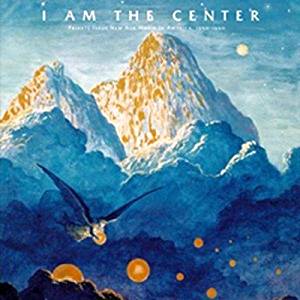Podcast: Play in new window | Download
Subscribe: RSS
 New age music has gotten a bad rap over the last quarter century. After peaking commercially in the late 1980s, the term has become critical code for crap in certain circles. But new age has its roots in avant-garde, early electronic and progressive rock music. It didn’t even begin as a commercial enterprise, but as an independent expression. Most of the early music was self-released on tiny labels. The sound was not all sweet melodies and calm reflections, but deep, interior explorations.
New age music has gotten a bad rap over the last quarter century. After peaking commercially in the late 1980s, the term has become critical code for crap in certain circles. But new age has its roots in avant-garde, early electronic and progressive rock music. It didn’t even begin as a commercial enterprise, but as an independent expression. Most of the early music was self-released on tiny labels. The sound was not all sweet melodies and calm reflections, but deep, interior explorations.
Douglas Mcgowan and the lights in the attic label have released two anthologies I Am The Center, Private Issue New Age Music in America, 1950-1990 and a follow-up. The Microcosm, The Visionary Music of Continental Europe, 1970-1986. that highlight the genesis of the new age. I talked with Douglas Mcgowan about legitimizing new age music.
Some Notable Quotes:
My preconception was the same as probably most people, which is that it was bad music, for people who were not playing with a full deck. I thought it was wallpaper music, I thought it was cheesy and soul-less, and and for the most part, you know, I think most of it is. But I quickly learned that there was a sort of a secret history.
Acid and mushrooms and psychedelics were part of their musical education. It was something that had a permanent influence on who they are and how they see the world.
On one side you had Steven Halpern and Iasos, and on the other side you had Brian Eno. And it was like these different sects of the same church, diverging at some point in the ‘70s.
You can explore Douglas Mcgowan’s new age ghetto in the collections, I Am The Center, Private Issue New Age Music in America, 1950-1990 and The Microcosm, Visionary Music of Continental Europe, 1970-1986. Hear him talk about it right here in the Echoes Podcast.
Both are released on Light in the Attic Records.
